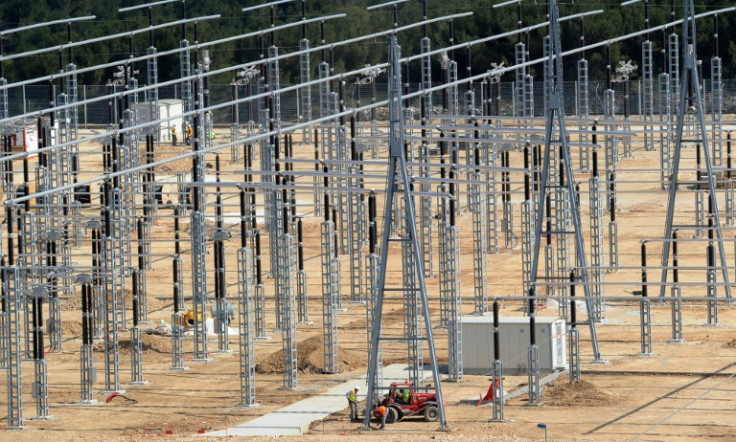Russia-Ukraine war, present energy crises causing European Climate Law signatories to waver
Global warming, the pandemic and Russia's invasion of Ukraine have driven energy prices to rise by 39.7% this year alone.
Europe is currently facing its worst drought in centuries.
According to Global Drought Observatory, two-thirds of the continent is now under a "warning" or "alert." Global warming, the pandemic and Russia's invasion of Ukraine have driven energy prices to rise by 39.7% this year alone.
Joseph Majkut, director of the Energy Security and Climate Change Program at the Center for Strategic and International Studies, says, "Europe is making a dramatic change in its energy strategy following the Russian invasion of Ukraine. They want to accelerate the deployment of renewables and other clean technology while at the same time reducing the use of Russian natural gas, and doing those things at the same time is a challenge."
European policymakers are in a challenging position of balancing Europe's long-term commitment to "net-zero emissions" with the short-term pressures of easing their residents' financial status by slowing down rising energy prices.
With temperatures rising, the continent is also facing its driest summer on record. Eurostat reports that food prices have been up 8.9% this year due to wide-ranging environmental changes that affected agricultural yields and soil quality.
Last year, the European Climate Law was passed. This law set a legally binding target for the European Union to reach net-zero greenhouse gas emissions by 2050.
But the Russian- Ukrainian war has created new problems that have caused some nations to waver.
According to the BBC, Russia supplied nearly 27% of the E.U.'s imported oil and 40% of its gas, before the invasion. The war, however, caused the E.U. to announce a ban on 90% of Russian imports by the end of 2022, which has created a ripple effect on all other commodities.
Most nations have stayed true to their original emissions pledge but continuously soaring prices place E.U. citizens at risk of facing harsh, cold winters this year.
Policymakers are finding ways to address this decreased supply and have called for corporate taxes, price caps, aid packages, and increased investments in clean energy technologies. Others are also pushing for solutions that involve increasing domestic production of fossil fuels and importing foreign oil.
This raises a problem with the European Climate Law targets as these "solutions" may be seen to decrease energy costs short term but will eventually increase emissions over time.
As winter approaches, the pressure to go with more carbon-based fuels will only increase, and policymakers are pressed to find a solution that is both pro-people and pro-environment.

© Copyright IBTimes 2025. All rights reserved.






















